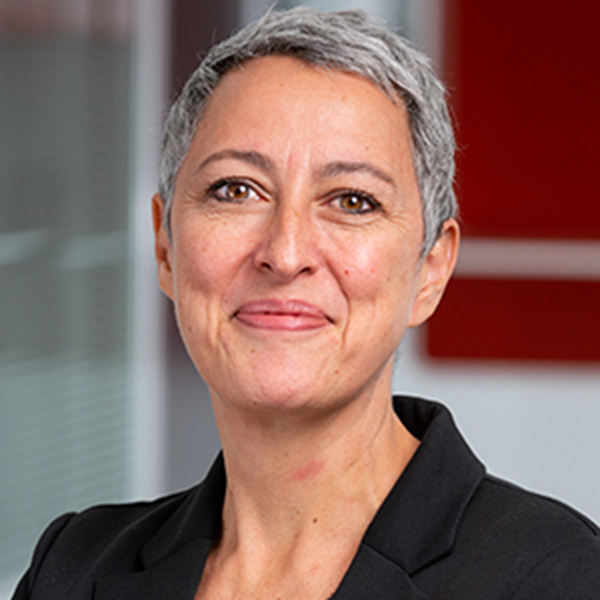
Cecile Oger, Manager, Advisory Services, BSR
It was all about sustainability on both sides of the Channel last month: France held its 12th Semaine du Développement Durable, a government-led initiative of sustainable development events, while Business in the Community hosted Responsible Business Week in the U.K.
In this context, BSR President and CEO Aron Cramer spoke at a GlaxoSmithKline (GSK) event on the benefits and challenges of evolving business models for a sustainable future. This provided us with the opportunity to sit down with Clare Griffin, GSK’s head of global corporate responsibility, to discuss the healthcare company’s approach.
At the event, Cramer highlighted that through innovation, scaling solutions, and engagement, businesses can transform their models to create a more just and sustainable world. Yet transformation is an enormous challenge. How has GSK changed its business model?
We’re pursuing a strategy that delivers sustainable performance through innovation and expanding access to our medicines. We have made some fundamental changes to our business model over the last few years. These moves have been seen by some as bold and have challenged many of the accepted truths about our industry. For example, our developing countries unit adopts a lower-price, high-volume model, and we have capped the prices of our patented medicines in the least-developed countries at no more than 25 percent of prices charged in developed countries.
Cramer reminded us that transparency is reshaping our world. Can you tell us about some of the ways GSK is moving toward greater transparency?
It’s fair to say that, historically, being open and transparent weren’t traits that the pharmaceutical industry was known for. This is something that we recognize, and we know our success depends on meeting society’s expectations.
For example, we became the first in the industry to enable scientists to request access to our detailed, anonymized patient-level clinical trial data. As our Chief Medical Officer James Shannon explains, this data is the “golden egg” for a pharmaceutical company. Others in the sector have now adopted this approach.
We’re also evolving how we sell and market our products. We’re changing the way we incentivize our sales teams around the world. Reps will be rewarded for their technical knowledge and the quality of the service they deliver, rather than prescriptions generated. We have also committed to end the practice of paying healthcare professionals to speak on our behalf and to attend medical conferences. We believe that these changes will provide patients with greater confidence that whenever they talk to a doctor, it is the patient’s interests that come first.
At BSR, we believe that collaboration is key to transforming the world into a more sustainable place. What is GSK’s approach to partnerships to increase access to healthcare?
Partnership is absolutely critical if we are to help tackle some of the world’s biggest healthcare challenges. We know that some of the best ideas come from outside; that’s why collaborating with other companies, organizations, and academics is a core part of our strategy.
Last year, we started a five-year, global partnership with Save the Children aimed at reaching a million of the world’s most vulnerable children. This partnership goes beyond the traditional fundraising NGO/corporate model. Having a Save the Children representative sitting on GSK’s pediatric R&D board is an example of how we are combining our expertise in new ways.
We are also developing innovative partnerships with other companies. We are working with Barclays in Zambia to improve access to affordable healthcare and are partnering with Vodafone to help increase childhood vaccination in Mozambique. These are examples of how collaboration is enabling us to go further than we would otherwise be able to go in our efforts to improve access to healthcare for the poorest people in the least developed countries.
Let’s talk about how BSR can help you to transform your business and achieve your sustainability goals.
